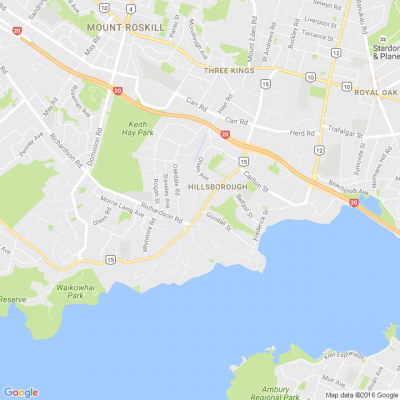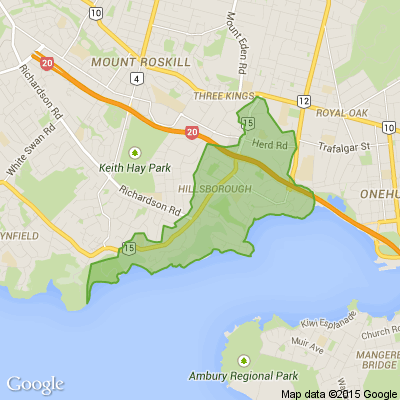Auckland's West Coast beaches closed
Auckland Emergency Services are asking people to stay away from West Coast beach communities which are trying to recover from last week’s storm.
What you need to know:
- The affected beaches are Piha, Karekare, Bethells, Muriwai, Huia and Little Huia
- The beaches have been closed to non-residents only
- The closures are for safety and to ensure road repairs can take place
“While there is road access into Piha, it’s limited and we’re asking people not to go to Piha to go surfing or picnicking, I know we may have a fine weekend coming up but to stay away out of respect for those communities,” Duty controller Mace Ward says.
If you are wanting to check swimming conditions in other areas of Auckland, check the SwimSafe site.

Auckland Seniors & Travel Expo
Neighbourhood locals are invited to the Auckland Seniors & Travel Expo, a relaxed and welcoming event bringing lifestyle, leisure, and travel together under one roof. Meet 50+ exhibitors showcasing travel ideas, retirement living, mobility solutions, health services, finance, and local clubs. Enjoy live music from Kulios, café seating, door prizes, and be in to win a Luxury Beachfront Escape for Two to Rarotonga.

Lost Cat
SMOKEY
MISSING since 7th Feb 26
Grey green eyes
Very shy
Missing from Dominion road near St Albarns church.
Jan 0274374334
Have you got New Zealand's best shed? Show us and win!
Once again, Resene and NZ Gardener are on the hunt for New Zealand’s best shed! Send in the photos and the stories behind your man caves, she sheds, clever upcycled spaces, potty potting sheds and colourful chicken coops. The Resene Shed of the Year 2026 winner receives $1000 Resene ColorShop voucher, a $908 large Vegepod Starter Pack and a one-year subscription to NZ Gardener. To enter, tell us in writing (no more than 500 words) why your garden shed is New Zealand’s best, and send up to five high-quality photos by email to mailbox@nzgardener.co.nz. Entries close February 23, 2026.








 Loading…
Loading…